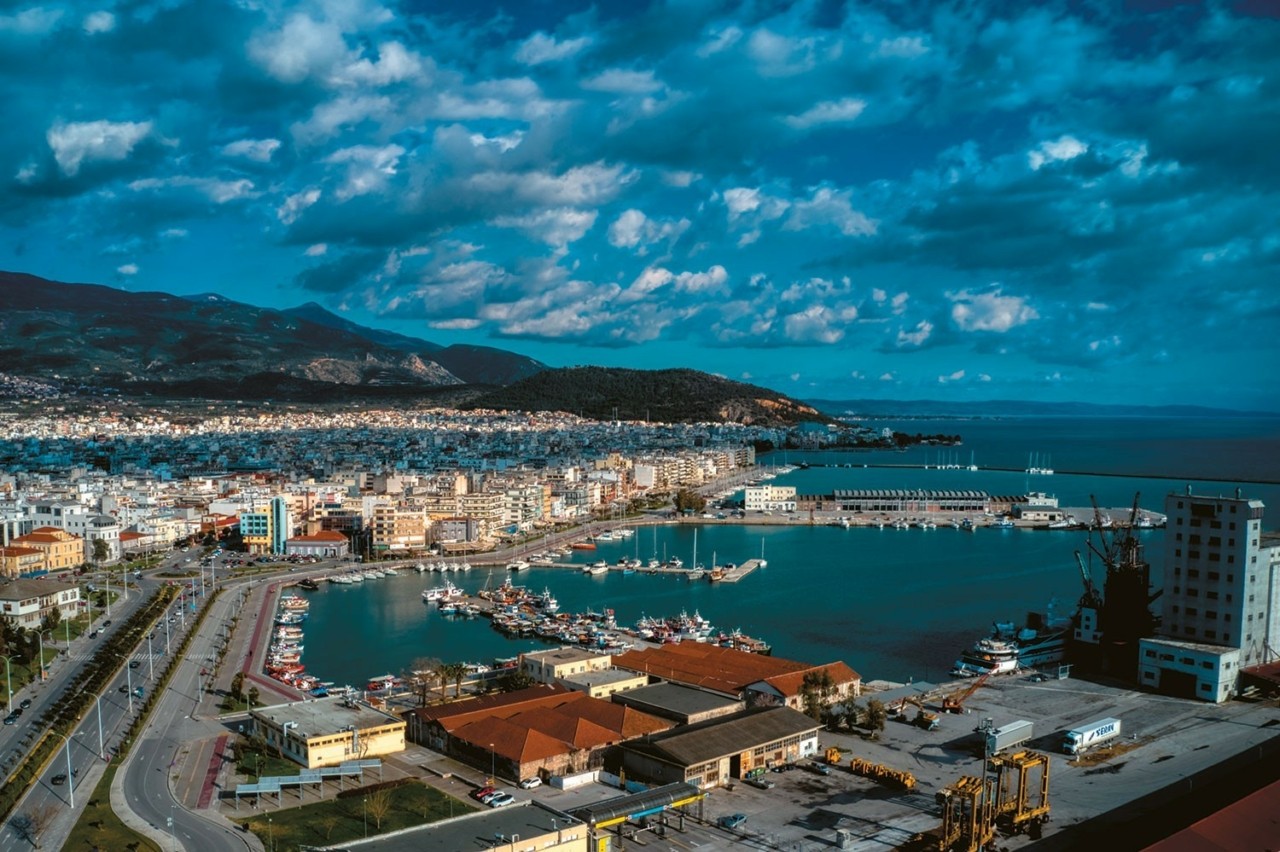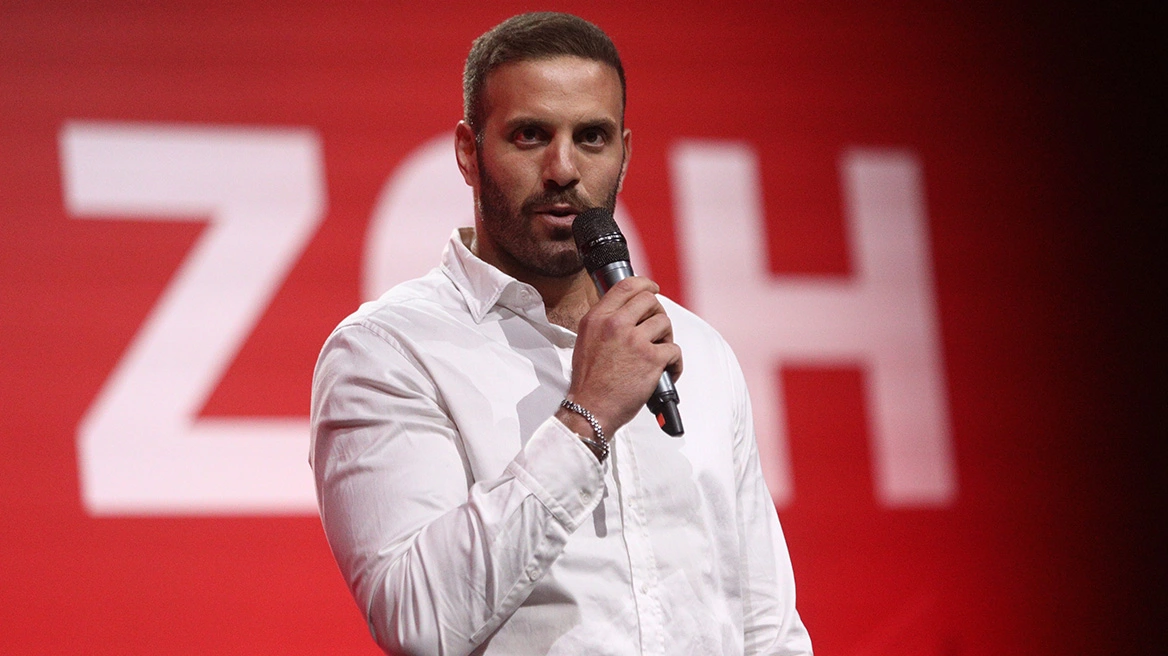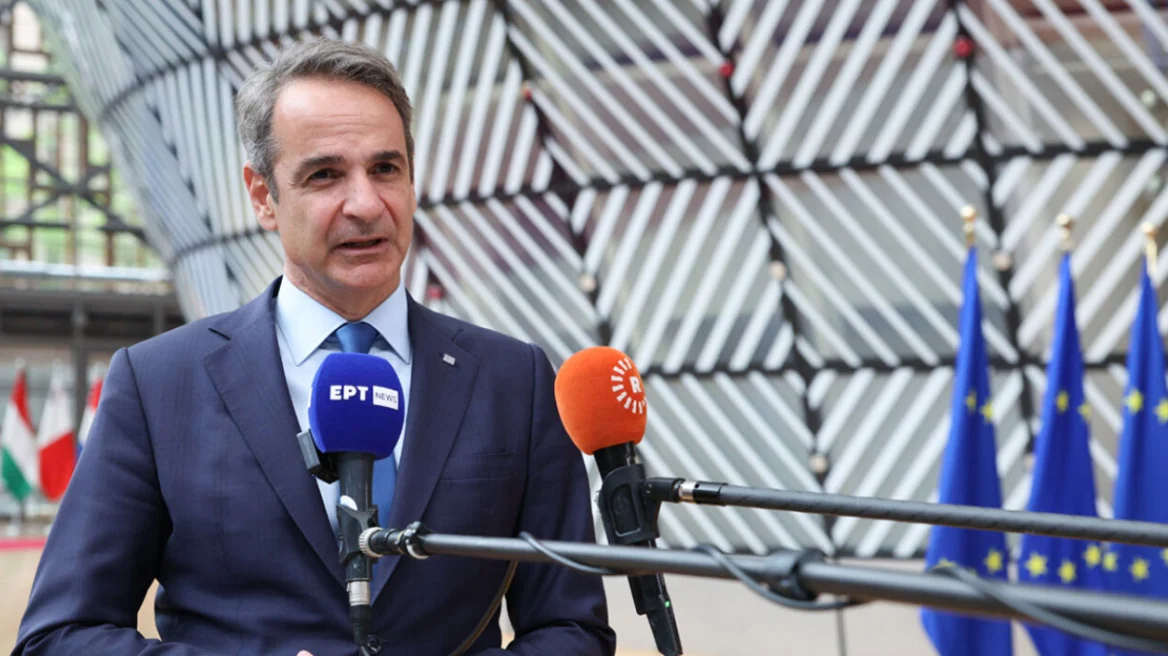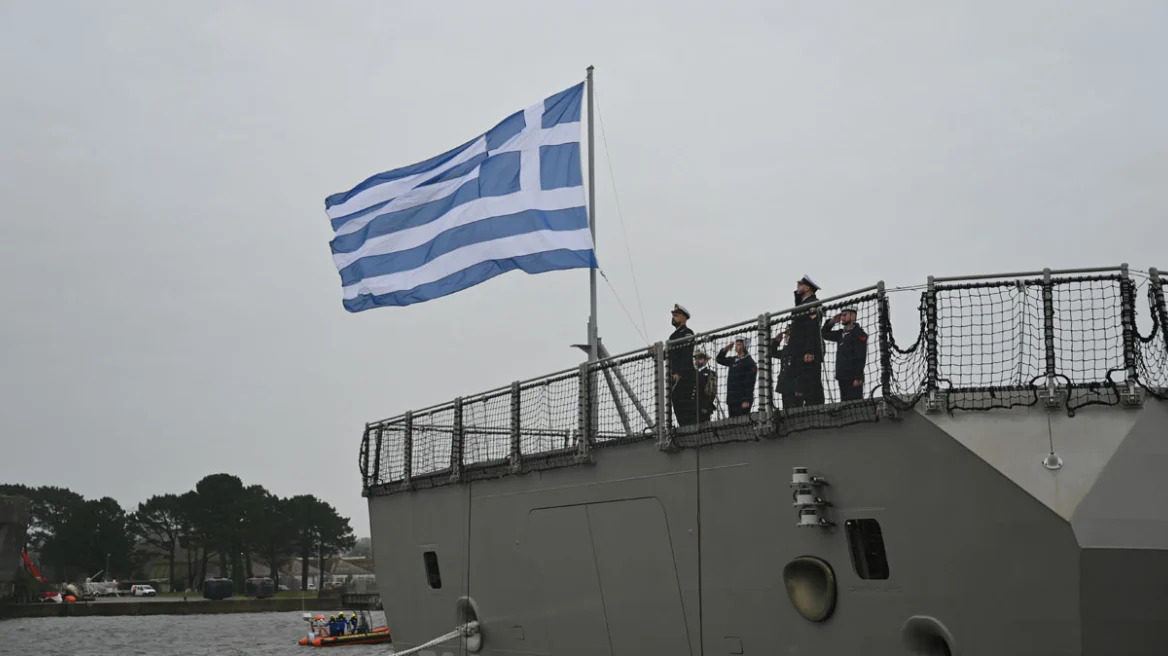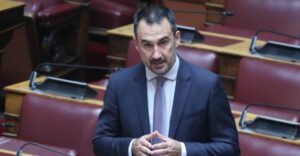The Prespa Agreement and the new name of the country were among other things mentioned by the leaders of the two largest parties in North Macedonia, Dimitar Kovacevski and Christian Michkowski, in their teleconference (debate) last night ahead of the parliamentary elections to be held on May 8.
The president of the ruling Social Democratic Party (SDSM), Dimitar Kovachevski, noted that the views of the president of the opposition VMRO-DPMNE, Christian Mitskoski, on the country’s constitutional name might create problems with the Prespa Agreement in the future, due to his persistent stance not to use the new constitutional name of the country, North Macedonia
In response to the question of how he would name the country, both at home and abroad, if he is elected Prime Minister, Christian Mitskoski stated, and in an emphatic manner, that for him the name of the country will always remain “Macedonia”.
“I don’t know why we should change our behaviour if we receive the trust of the citizens. For me Macedonia is and will be Macedonia. On this there are no doubts. My ancestors will be proud of me, of what I do for my people and my country. On this there is no wavering. I do not change my positions,” the VMRO-DPMNE leader said.
Dimitar Kovachevski responded to this by saying that Christian Mitskoski cannot change positions, since he has no position at all.
NATO celebrates its 75th anniversary amid growing concern over Ukraine
“When you have no position, you cannot change it. That is his advantage. When you have a stance, then you make decisions. The Prespa Agreement is the result of 30 years of work, during which we had a mediator lawyer from the US. Matthew Nimitz did not come up with the agreement. The agreement was reached by two leaders who came to an arrangement, shook hands and settled relations between the two countries. That is leadership. We remained Macedonian and the Macedonian language is Macedonian and we became a member of NATO,” the Social Democratic Party leader said.
According to opinion polls, the right-wing opposition VMRO-DPMNE is leading the ruling “Social Democratic Party” (SDSM), and by a significant margin, ahead of the parliamentary elections.
The parliamentary elections to be held in May will coincide with the second round of the presidential elections in North Macedonia, in which all indications are that the current president of the country and SDSM candidate, Stevo Pedarovski, and the VMRO-DPMNE candidate, Gordana Siljanovská, will participate.
Ask me anything
Explore related questions

